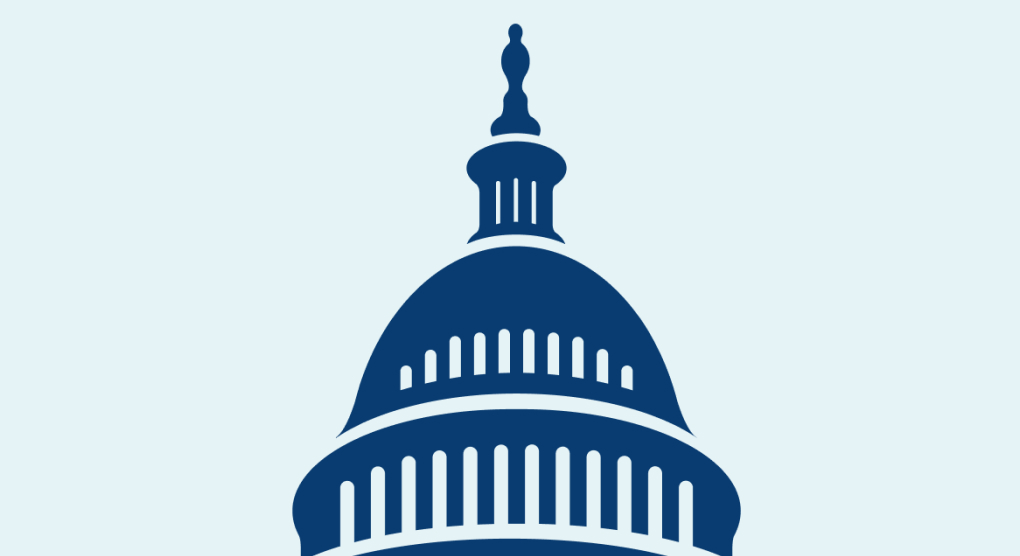

Fight Antisemitism
Join ADL in urging Congress to help implement and fully fund the efforts of the first-ever White House National Strategy to Counter Antisemitism.

Fight Antisemitism
Explore resources and ADL's impact on the National Strategy to Counter Antisemitism.
ADL Center for Antisemitism Research, in partnership with the National Opinion Research Center at the University of Chicago (NORC) and the One8 Foundation, conducted a study that revealed that antisemitic attitudes in the United States are widespread and likely increasing: 85 percent of Americans believe at least one anti-Jewish trope, as opposed to 61 percent in 2019.
While terms such as “money” and “greedy” are obviously negative, even seemingly ‘positive’ or ‘neutral’ descriptions of Jews, such as “rich,” may reduce Jewish individuals to stereotypes and consequently risk reinforcing prejudicial views of Jewish people. Through this word cloud, we offer readers a window into the complexity of antisemitism and an invitation to reflect on the dangers of stereotyping and diminishing the portrayal of entire groups and communities, regardless of if said stereotypes are deemed positive by society.
About the Survey
ADL has measured antisemitic attitudes among Americans since the early 1960s. Building on this historic work and furthering it to ensure greater accuracy, ADL, NORC and the One8 Foundation embarked on a year-long process to study the research literature on bias and antisemitism, convene academic and communal leaders and conduct qualitative interviews.
Based on the learnings from this process, ADL updated its ways of measuring antisemitism to develop a more nuanced suite of questions that provide greater understanding. ADL then used these upgraded measurement tools to survey over 4,000 individuals, a representative sample of the American population, from September through October of 2022.
Analysis from the Survey
Read these reports based on the comprehensive survey of U.S. antisemitic attitudes. They probe deeply into antisemitic attitudes among different subpopulations; views of Jewish stereotypes; similarities and differences between prejudices against Jews and other groups; and key drivers of belief in anti-Jewish tropes and anti-Israel sentiment.

Topline Findings
Data shows widespread belief in antisemitic conspiracy theories. Tropes nearly doubled since 2019 and reached the highest levels in 30 years.

Conspiracy Theories & Other Predictors
ADL findings expand on correlations between antisemitic beliefs and factors such as education, conspiratorial thinking and personal connections.

The Antisemitic Environment
An analysis of how friends, family, religious institutions, talk radio, pop culture, politicians and social media predicts antisemitic beliefs.
Additional Resources
Survey of Americans on Holocaust and Antisemitism Education

A Closer Look at the Relationship between Holocaust Knowledge, Education and Antisemitism

Contemporary Anti-Zionism’s Connections to Soviet Propaganda

Fight Antisemitism
The White House has released the first-ever National Strategy to Counter Antisemitism, a comprehensive approach to confront this form of hate. Join ADL in urging Congress to help implement and fully fund these efforts.









